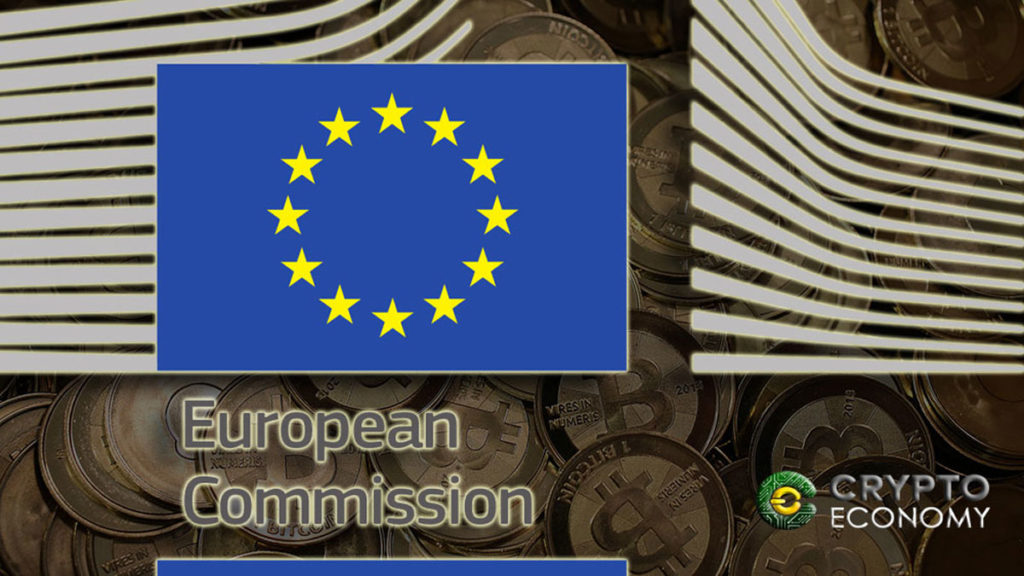The European Blockchain Partnership (EBP) and the European Commission will work together on preparing the launch of a blockchain regulatory sandbox by 2022.
The EBP consists out of 30 members from the European continent and was formed in April 2018 to develop a unified blockchain regulatory framework. Now, the bloc seeks to turn its plans into reality by officially working together with Europe’s highest political organizations.
The European Commission updated its Blockchain-focused policy page today, stating that it is actively working with the EBP alliance to develop a regulatory sandbox. Titled ‘Shaping Europe’s Digital Future – Legal and Regulatory Framework for Blockchain,’ the policy page explained that the future sandbox will test digital assets, blockchain technologies, and their use cases in the European Blockchain Services Infrastructure (EBSI).
As described by the European Commission, EBSI is a join-initiative created by the commission and EBP which strives to develop cross-border digital services for citizens in Europe.
However, the group does not solely plan to incorporate blockchain technology for retail use cases. Amongst others, the initiative wants to test use cases in the fields of digital identity, smart contracts, and data portability. These technologies will be applied to energy, mobility, health, and the environment.
Based on what the Digital Innovation and Blockchain team previously stated, the EU commission will most likely focus on smart contracts and tokenization as part of their new regulatory framework.
Moreover, a recent report from the European Union revealed that Europe will most likely have a blockchain regulatory framework installed by 2024. Per the report, the EU plans to promote the adoption of digital assets and blockchain technology in legacy finance.
EU to digitalize the Euro
A number of recent statements from the President of the European Central Bank (ECB) Christine Lagarde sparked massive interest. On Monday, Lagarde spoke during a meeting of the Franco-German Parliamentary Assembly. During her speech, she stated that the ECB “explores the benefits, risks and operational challenges” regarding a potential central bank digital currency (CBDC).
However, Lagarde quickly followed the revelation with the statement that a digital euro will not fully replace fiat currency. She believes that a digital euro would complement existing fiat currencies but would not provide a substitute for the euro.
According to Lagarde, “it could provide an alternative to private digital currencies and ensure that sovereign money remains at the core of European payment systems.”
ECB President Christine Lagarde spoke about cryptocurrencies for several times in the past few years since her inauguration. However, Lagarde has not yet revealed any timeframes for the digital euro’s potential launch. Likewise, the EU did not reveal how far it has progressed and how seriously it takes the development of a CBDC.
However, the recent report which revealed when Europe will have a blockchain regulatory framework ready might imply that we will see the digital euro in 2024.
If you found this article interesting, here you can find more Blockchain and cryptocurrency news











